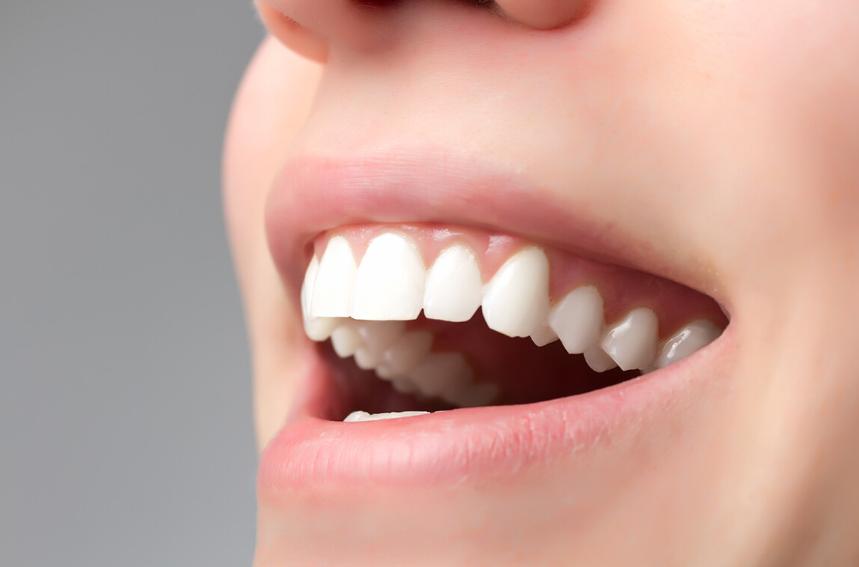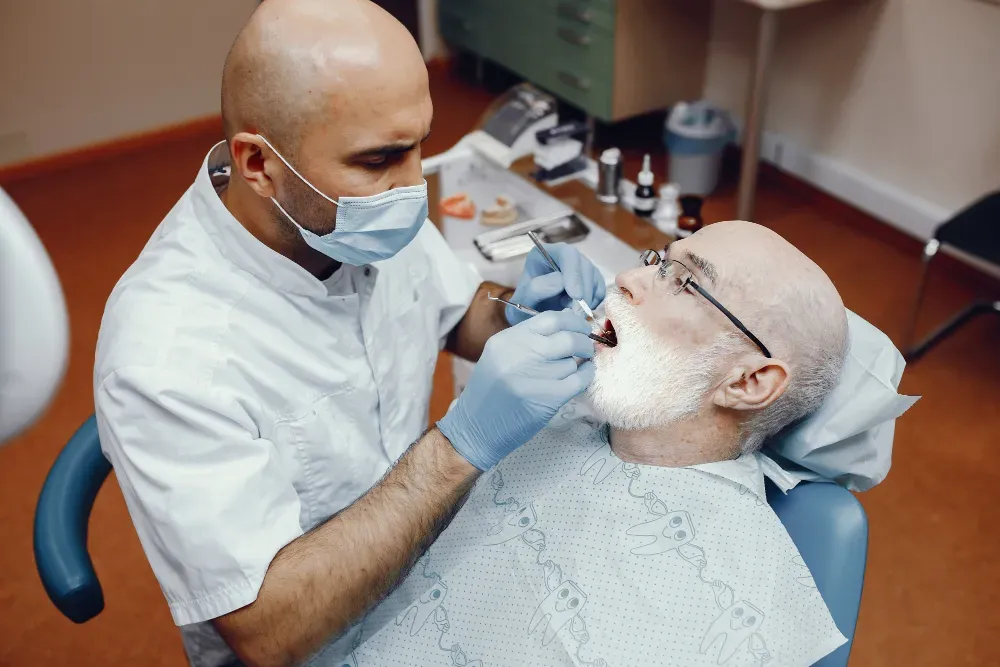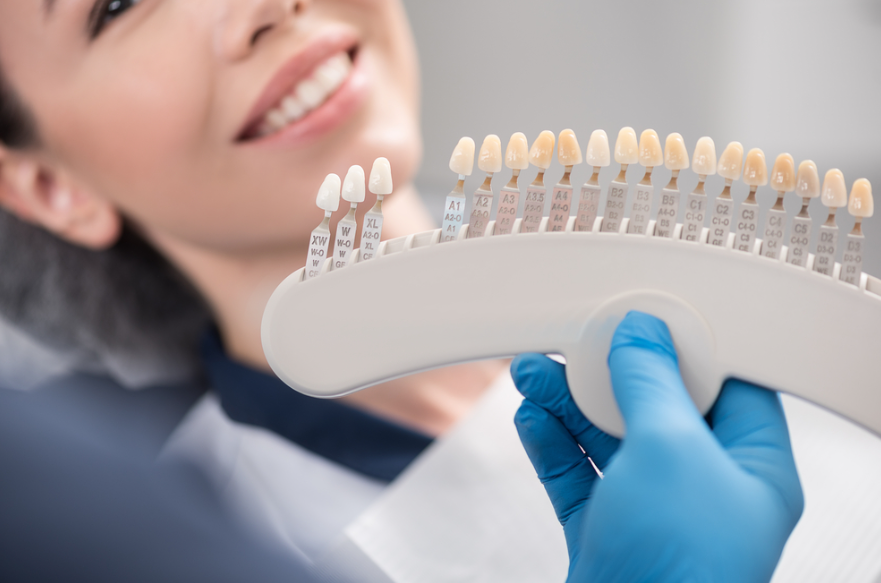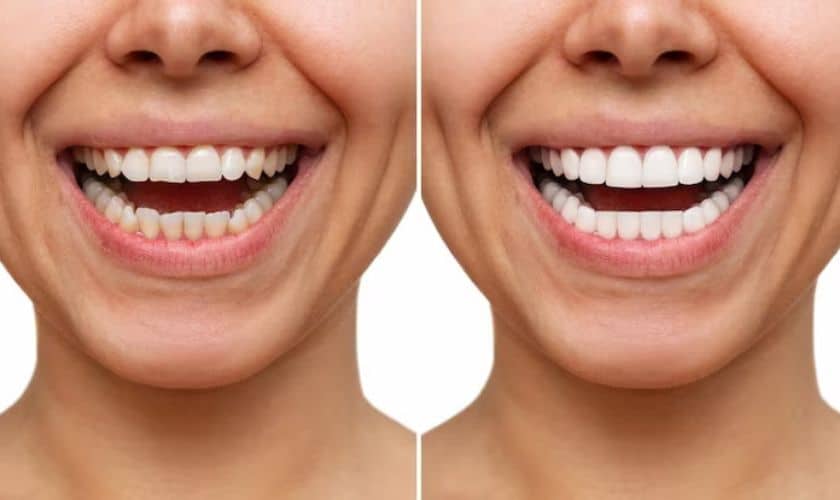Tips For Healthy Teeth and Gums

In order to keep your teeth and gums healthy, you need to have a good oral hygiene. Although many believe that brushing twice a day is enough to attain a good oral hygiene, a regular dental check up is as important.
Several studies have indicated that there is a correlation between a person’s oral health and their overall health. In this case, oral health is more than just cavities and gum diseases. Experts have also considered oral health problems as one of the global health burdens, with most people struggling with tooth decay, tooth decay and tooth loss.
However, some best practices can help in keeping your teeth and gums as healthy as possible:
Regular Teeth Brushing
Most individuals know that brushing their teeth at least twice a day will help keep plaque and bacteria from their teeth. However, brushing can only be considered effective if done properly and with the right technique.
When you brush your teeth, do it in small circular motions, ensuring you touch every tooth’s front, top, and back. Avoid any sawing back-and-forth motions as they may hurt your tooth enamel as well as the gums. Ensure that the motions are soft.
Always ensure you use a toothbrush that has very soft bristles. The American Dental Association (ADA) recommends that people should replace their toothbrushes after every three months, or when the ends start looking frayed.
Brushing should not take less than three minutes.
Use Fluoride
Fluoride is extracted from fluorine, an earth’s soil element. Experts believe that fluoride prevents cavities, which is why it is a major ingredient in toothpastes and mouthwashes.
There is sufficient evidence showing that lack of fluoride can cause tooth decay, regardless of whether a person takes care of their teeth or not. A recent review indicated that brushing does not prevent cavities if one does not incorporate fluoride.
Many communities are incorporating fluoride in their water supply, with several organizations, such as the World Health Organization, recommending this practice. If you want to find out if your water contains fluoride, contact your local government authority in charge of water and sewerage.
For people who use well water, it is recommended to check the fluoride levels as reverse osmosis water filters do actually remove fluoride.
Most bottled water companies do not use fluoride.
Floss Daily
Flossing helps remove the plaques and bacteria from between the teeth, especially in places a toothbrush cannot reach. Flossing also prevents bad breath since it removes debris and food particles that have been trapped between the teeth.
Although there are no strong long-term studies that supports the benefits of flossing, the ADA still continue to recommend it to people.
A good number of dental health professionals do recommend pushing the floss gently all the way down to the gum region before engaging the toot-side with any up-and-down movements.
See a Dental Professional Regularly
Dental experts recommend seeing a dentist after every six months. During the checkup, a hygienist will get a chance to clean the teeth while removing a plaque or hardened tartar.
A dentist normally checks for any visual sign of cavities, mouth cancer, gum disease or any other oral dental health issue. Sometimes, they may use dental X-rays to check for any cavities.
In some cases, you might have to be referred to a cosmetic dentist Rochester Hills for further examinations.
Quit Smoking
Do not smoke. Smoking paralyzes your immune system, making it extremely difficult to heal the body tissues, including those in your mouth.
Smoking also decolorizes the teeth and can cause bad breath.
Mouthwash
Some mouthwashes could be beneficial to your oral health. Some reviews found that mouthwashes containing chlorhexidine helps in controlling plaques and gingivitis.
You may want to consult your dentist about the best mouthwash in the market. However, mouthwash should not replace brushing or flossing but act as a compliment.
Mouthwashes may also help in reducing bad breaths and even tooth decay.
Conclusion
Practicing good dental care helps keep the teeth and gums healthy, as well as eradicate chances of tooth decay. Ensure you give your oral health a priority as it do affect your general health.





